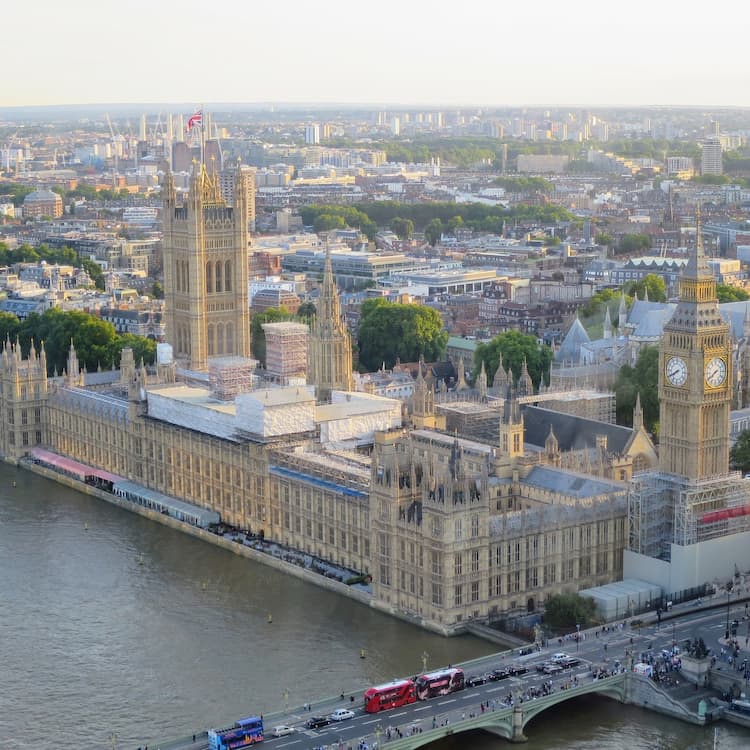Tax
UK's New Government Pushes On With Private School VAT Move – Reactions

The new government is pushing ahead with its drive to impose value-added tax, aka sales tax, on the UK's private education system.
The ruling Labour Party will press on with imposing a 20 per cent
value-added tax on fees for the UK’s private schools, which
educate about 7 per cent of all youngsters in the
country. King Charles III confirmed this in his speech to
lawmakers yesterday.
The monarch issued his speech outlining proposed legislation by
the government, as is customary in the UK’s political system at
the start of a new legislative term.
One of the pledges that Sir Keir Starmer’s party made in the
approach of the 4 July election was to end the VAT exemption for
private school fees. (In the UK, private schools are confusingly
known as public schools.) Labour says that private education
entrenches class privilege; supporters of such schools say they
compete with what would otherwise be a stifling state-run school
monopoly, and that parents using these schools have already paid
for education out of their taxes, so a double-hit is
unfair.
One criticism made of ending VAT relief is that the wealthiest
parents will continue to send their children to these schools,
while less affluent families will not do so, arguably adding to
inequality, not reducing it.
The move on VAT adds to other actions taken by Starmer’s
administration to go after what it says are unfair tax practices,
such as the UK’s resident non-domicile system, now due to be
abolished by Chancellor Rachel Reeves. (The previous Conservative
government also pledged to axe the non-dom system.)
"The King's Speech included confirmation that the new Labour
government will remove the exemption from VAT currently enjoyed
by private schools, albeit there was no indication of the
effective date of the legislation,” Caroline Miller, head of
private client business at UK law firm Wedlake Bell, said. “It
will depend on individual schools and their financial health as
to how much of this additional cost, if any, will be passed on to
parents; however, affected parents are likely to want to start
planning now for increased fees.”
"Providing additional funds for school fees could be achieved by
lifetime giving, from grandparents for example, as part of an
overall tax-efficient succession plan to pass on wealth to the
next generation. Gifting can involve the use of trusts for
grandchildren, and specifically education trusts which can be
used to provide funds for school fees and take advantage of
specific inheritance tax exemptions,” Miller said.
"It is possible that internationally mobile parents, who are
often non-UK domiciled individuals, may now look at alternative
education options overseas in jurisdictions where school fees can
be lower (Dubai is often one example), and this will be a factor
in their overall decision whether to stay in the UK following the
announcement in the Spring Budget 2024 that the tax regime for
non-UK domiciled individuals will become less generous from April
2025, a policy that the Labour government is known to support,”
Miller added.
Sarah Jane Boon, a partner in the family team at law firm
Charles
Russell Speechlys, said: “Parents of children at independent
schools will be used to regularly assessing the affordability of
school fees against their finances – school fees have increased
ahead of inflation for the past 25 years – but families could now
be hit with significantly increased fees as soon as the next
academic year.”
“This possibility may be especially worrying for separated or
divorced parents, who are committed to a court-imposed obligation
to discharge school fees until their children reach the end of
their secondary education. If Labour do form the next government,
there may be increasing numbers of parents who seek to vary their
court obligations on the grounds of affordability,” Boon
said.
“Separated couples often struggle with funding two households on divorce. The decision as to where children are educated falls to both parents to be agreed under their parental responsibility, so disagreements over such issues can lead to litigation – with the court making the ultimate decision,” Boon added.